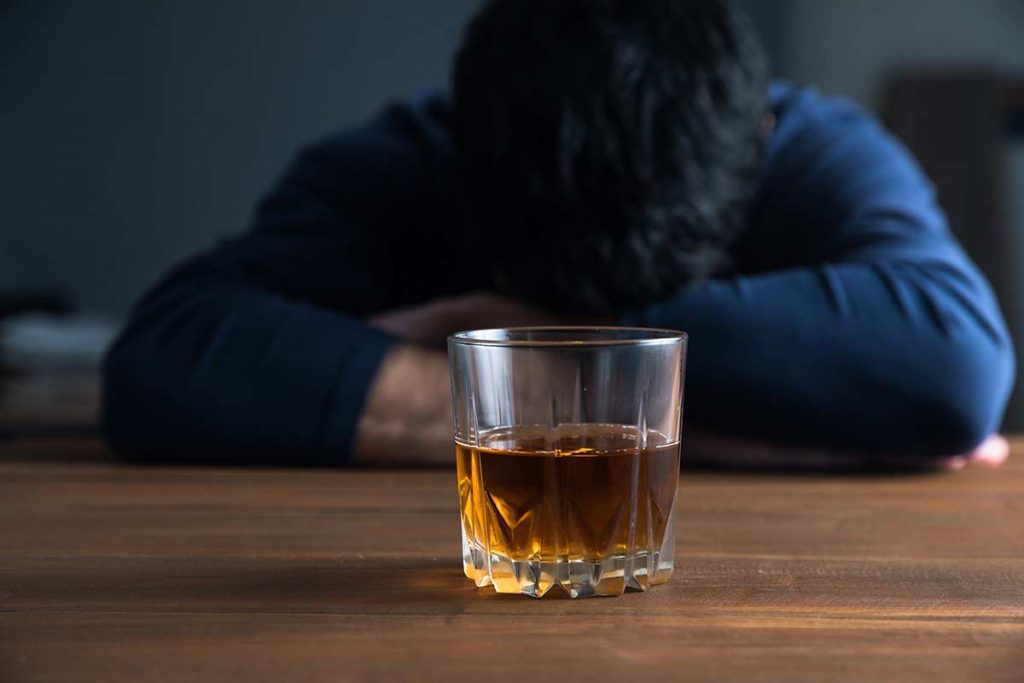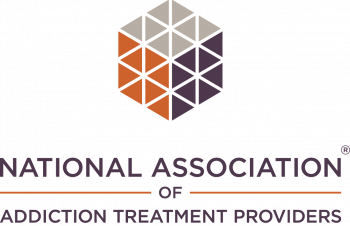The link between stress and alcohol is real. In fact, acute stress has been found to come before drinking alcohol. Some individuals find themselves reaching for a drink in times of stress, which can be a precursor to abusing alcohol. If you’re concerned about the way stress has impacted your drinking habits, reach out to an alcohol addiction treatment center near you today.
What Kinds of Stress Lead to Alcohol Use?
According to experts, there are four kinds of stress that typically lead to alcohol abuse. These include:
- Catastrophic stress
- Life situational stress
- Childhood abuse or mistreatment
- Minority stress
Also, those with a history of using alcohol for any reason are more likely to develop an alcohol dependence when acute stress occurs. Catastrophic stress can involve anything that threatens personal safety or security or makes a person more vulnerable, such as when a close friend or loved one dies or when disaster strikes. Examples include divorce, a hurricane or tornado destroying the home, death in the family, and parental abandonment. Life situational stress has to do with chronic stress on a day-to-day basis, which generally occurs when one has too many responsibilities, too much to do, or the family is dysfunctional. Childhood abuse or mistreatment is self-descriptive. Minority stress has to do with feelings of persecution or prejudice based on race, religion, or sexual orientation. All of these kinds of stressors can readily lead to alcohol dependence in some people.
3 Ways Stress Leads to Alcoholism
Everyone experiences stress in one form or another during their lives. But not everyone turns to alcohol use to deal with stress. Why does stress lead to alcohol dependence for so many people but not others?
1. Belief That Alcohol Solves Problems
Stress often incites a reaction to flee a situation. When stress feels overwhelming, an individual may just want to run away from it. And even if they can’t physically run away, they may have the urge to emotionally disengage from the situation in order to flee stress through the use of alcohol. If a person has an underlying belief that alcohol solves problems, they may turn to alcohol every time they feel stress or anxiety coming on. Over time, they may believe that the problem goes away after a few drinks. This belief can quickly lead to alcoholism, as the alcohol itself becomes a self-defense tool that is used any time stress feels like too much to handle while sober.
2. Drinking Habits With a Stressful Job
For those with high-stress jobs, alcohol use may become a daily habit. In fact, in some high-stress jobs, hitting the bars together after work is a regular habit. Jobs that tend to have high stress include:
- Financial jobs on Wall Street and other financial institutions
- Medical trauma jobs such as in emergency rooms
- Commission-based sales jobs
- Jobs working with at-risk youth
The more alcohol use becomes a habit, the more likely it is to lead to alcohol dependence and full-blown substance abuse.
3. Lack of Social Support
If an individual has to go through stressful times alone and without any social or emotional support, they may be at increased risk of alcoholism. Having others around to help out or simply to lend a supportive ear helps to alleviate stress. But if the person has no one to talk to, no one to sympathize with, and no one to share their worries with, they may be inclined to turn to alcohol to numb emotional and mental pain.
Contact TruHealing Gaithersburg
Alcohol dependence problems can be helped with rehab programs. If you’d like to break free from alcohol abuse, talk to the professionals at TruHealing Gaithersburg in Maryland. You can contact us by calling (833) 625-0398.









